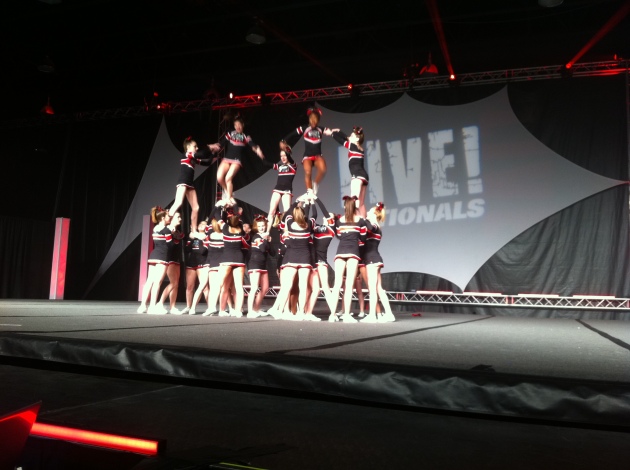Surgical Shopping
August 26, 2012 Leave a comment
And so launches of my campaign to introduce “Surgical Shopping” into the mix for a future Olympic competition. Frankly, I want a competition I can win. After all, how many people can try on four blue blazers, settle on a $500 model, and buy it with alterations in 15 minutes? I can.
Surgical Shopping is the sport of purchasing an item in a public shopping mall or big box store with the appropriate combination of speed, cost, quality, and intangibles. There are two variations:
- “Open” Surgical Shopping: athletes can buy any item they want.
- “Targeted” Surgical Shopping: athletes all must buy the same item.
Each of these two can also be further clarified by asking athletes to stay within a specific budget or achieve a specific discount off list price.
While Surgical Shopping has female, male, and pairs competitions, I think this will appeal most to the stereotypical male (thanks Dagwood), who’d rather eat pizza and watch sports than go shopping. Women typically struggle in this sport, due to their inability to focus in a store, especially in a place like Target, where bargains on unneeded items are always in sight.
Once the item is purchased, and the contest returns to the staring line, judges score what we call “the get” based on the following:
- Price
- Speed
- Ability to return the item
- Quality (either by experts or carefully pre-calculated tables, as in diving or gymnastics)
- Degree of difficulty in buying, based on a number of factors including variety in the category, necessary prep or alterations, need for financing, ability to self-serve or availability of salespeople, body shape and size (for clothing), etc.
For example:
- Purchasing a Hamilton Beach drip coffee maker for $19.99 in 5 minutes at Target might not score as high as purchasing DeLonghi espresso maker for $166.73 at Williams Sonoma in 15 minutes. The quality difference is evident and getting the focus of the snooty salesperson in Williams Sonoma is a struggle.
- If the category is snacks, buying gourmet chips and salsa for $10 might (or might not) beat out Reese’s peanut butter cups grabbed at the register for $1.75. Depends on the specifics of the competition and the taste buds of the judges.
- If two men buy the same suit for the same price at the same store in the same elapsed time, but one requires alterations and the other doesn’t, the one with alterations will win every time.
I compete in Surgical Shopping every time I make a purchase. For example, I bought two pairs of shoes yesterday at Nordstrom in about 20 minutes. It took five minutes to browse and select the shoes I wanted. The salesperson took five minutes to find the shoes (which would have really caused a problem in getting a medal). It took about 7 minutes to find the right pair, as the first size didn’t fit. Lastly, it took about three minutes at the cash register, slowed by a faulty credit card reader and confusion about the price. If this had been the Olympics, my only hope would have been points for the quality of the shoes, the quality of the store, and the returnability and refundability, which isn’t always available with shoes but is at Nordstrom.
If ESPN 8, “The Ocho” really existed, I’m sure this would be in prime time. It would open up competition to a whole new set of athletes, who think they are the only ones that can buy a new car during halftime of a football game or a tuxedo with alterations the day before a wedding.
Just imagine Brent Musburger – “You are looking live at the Mall of America just outside Minneapolis where, despite the freezing temperatures, 100 of the world’s best surgical shoppers are ready for what only can be described as the Surgical Shopping competition from hell. May the best shopper win!”





















